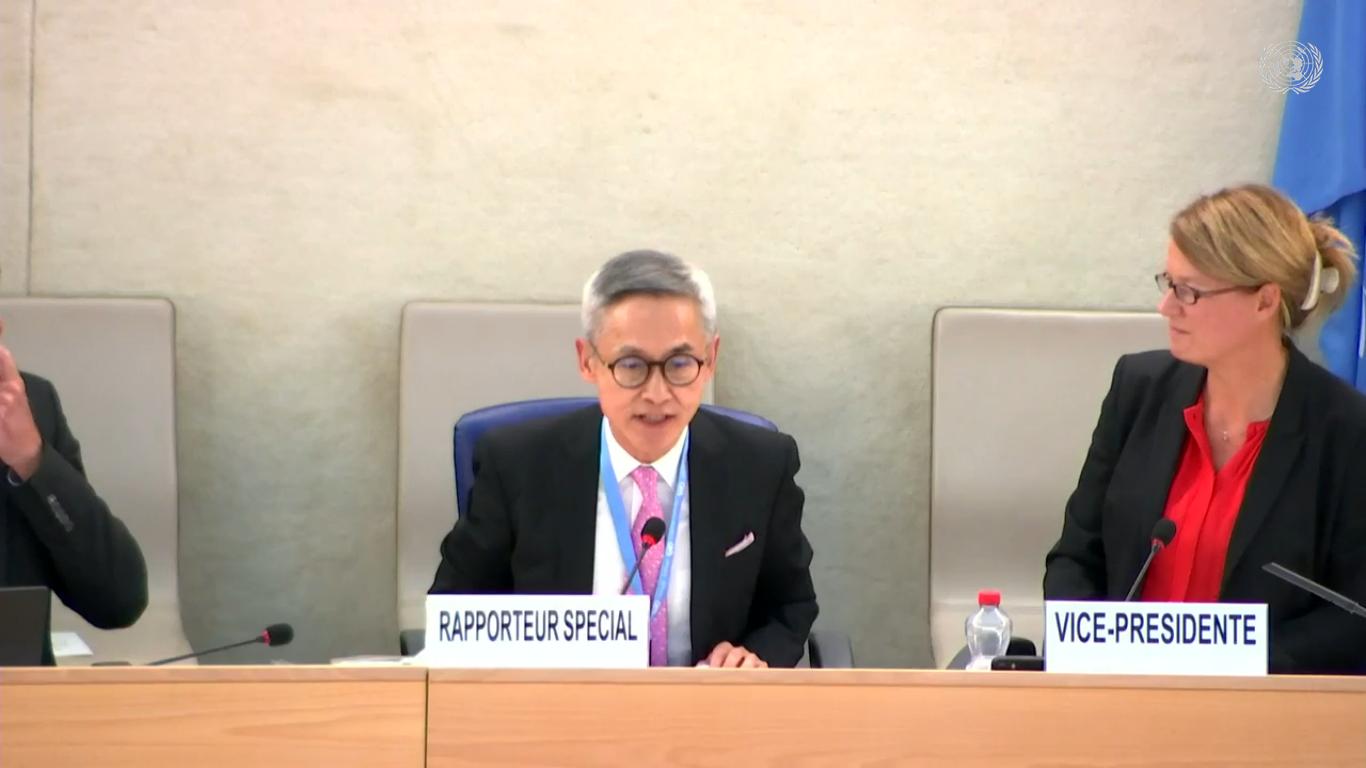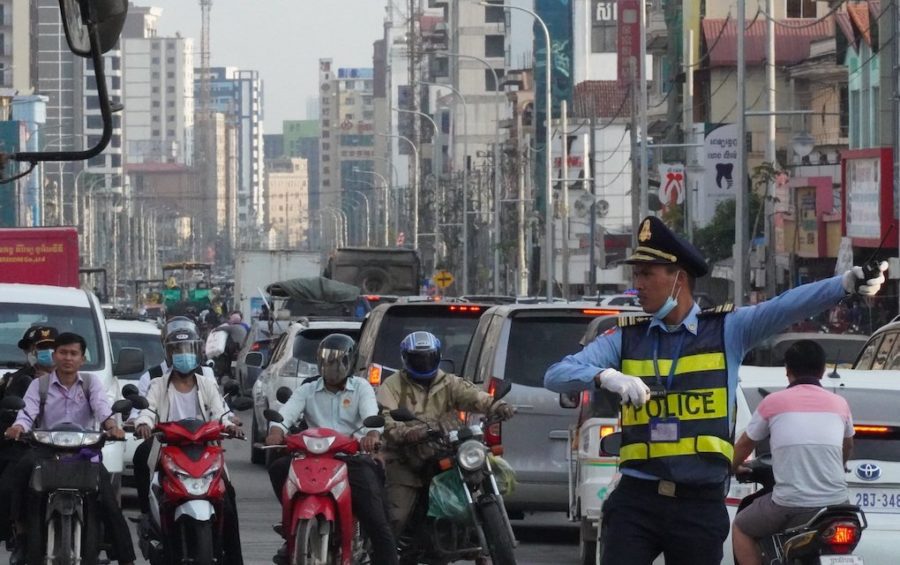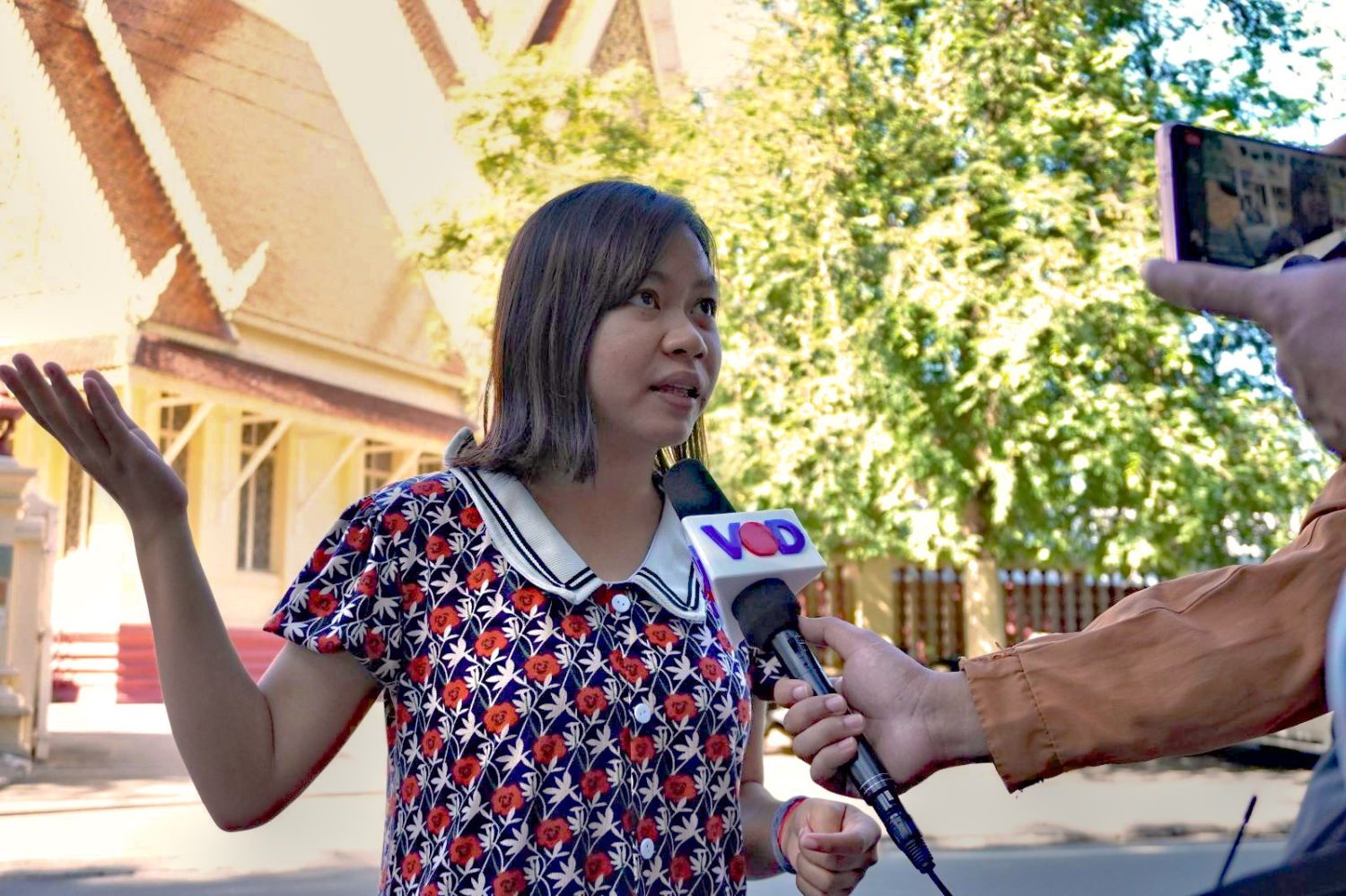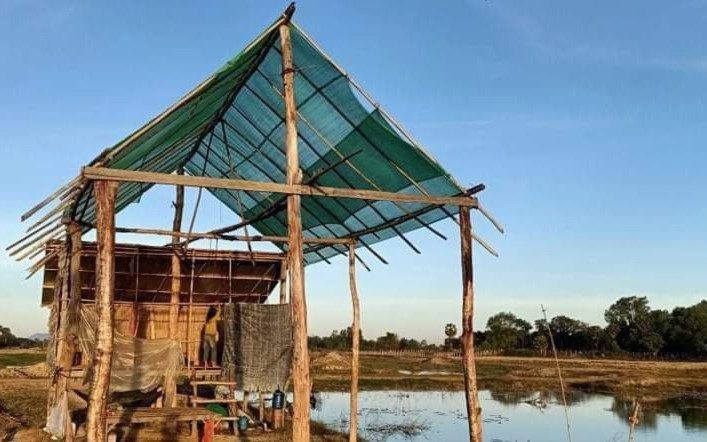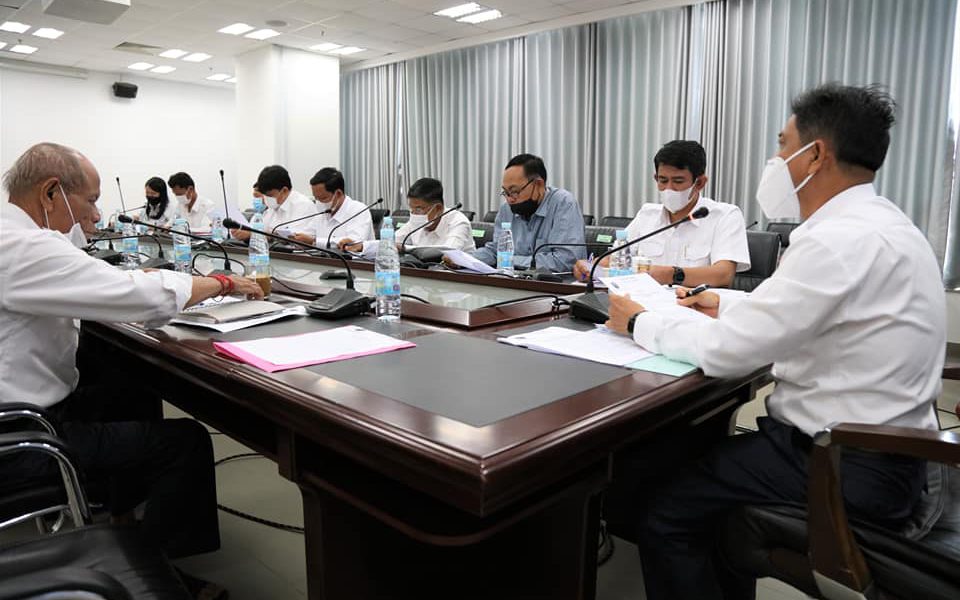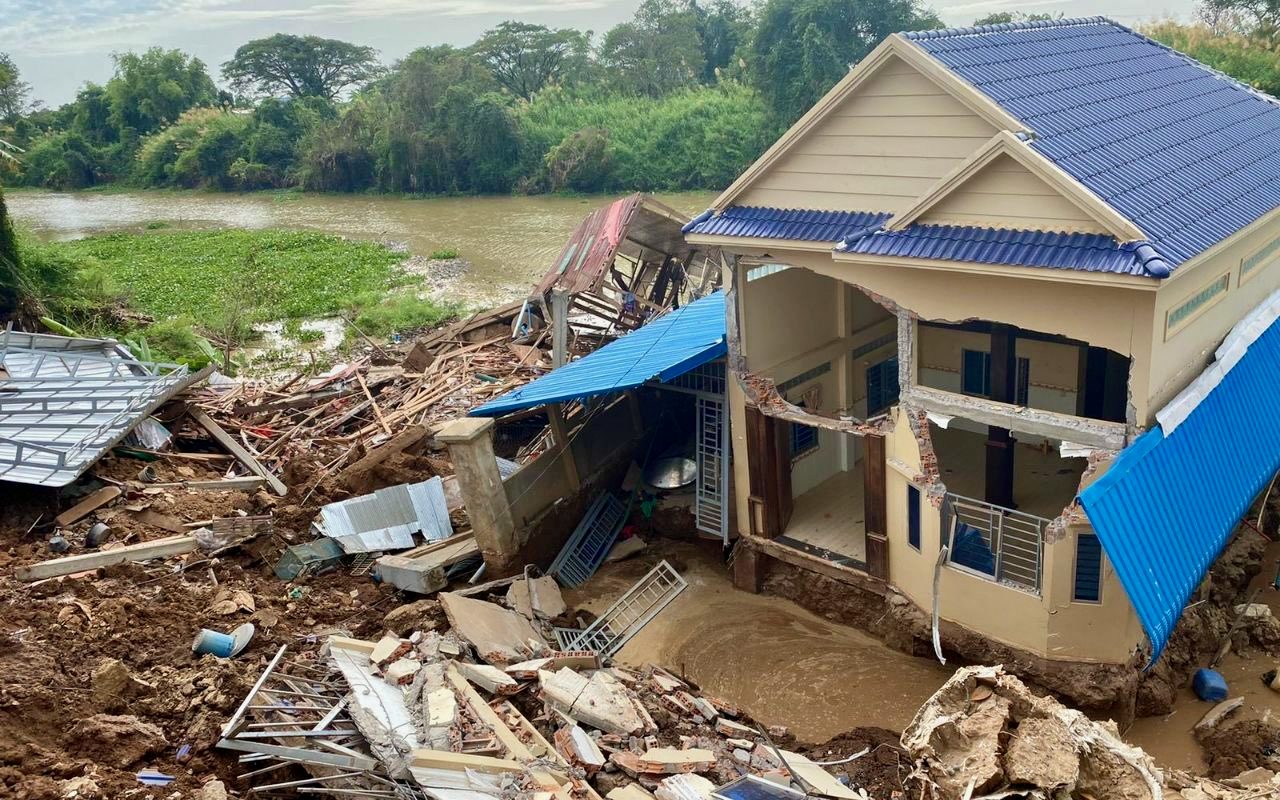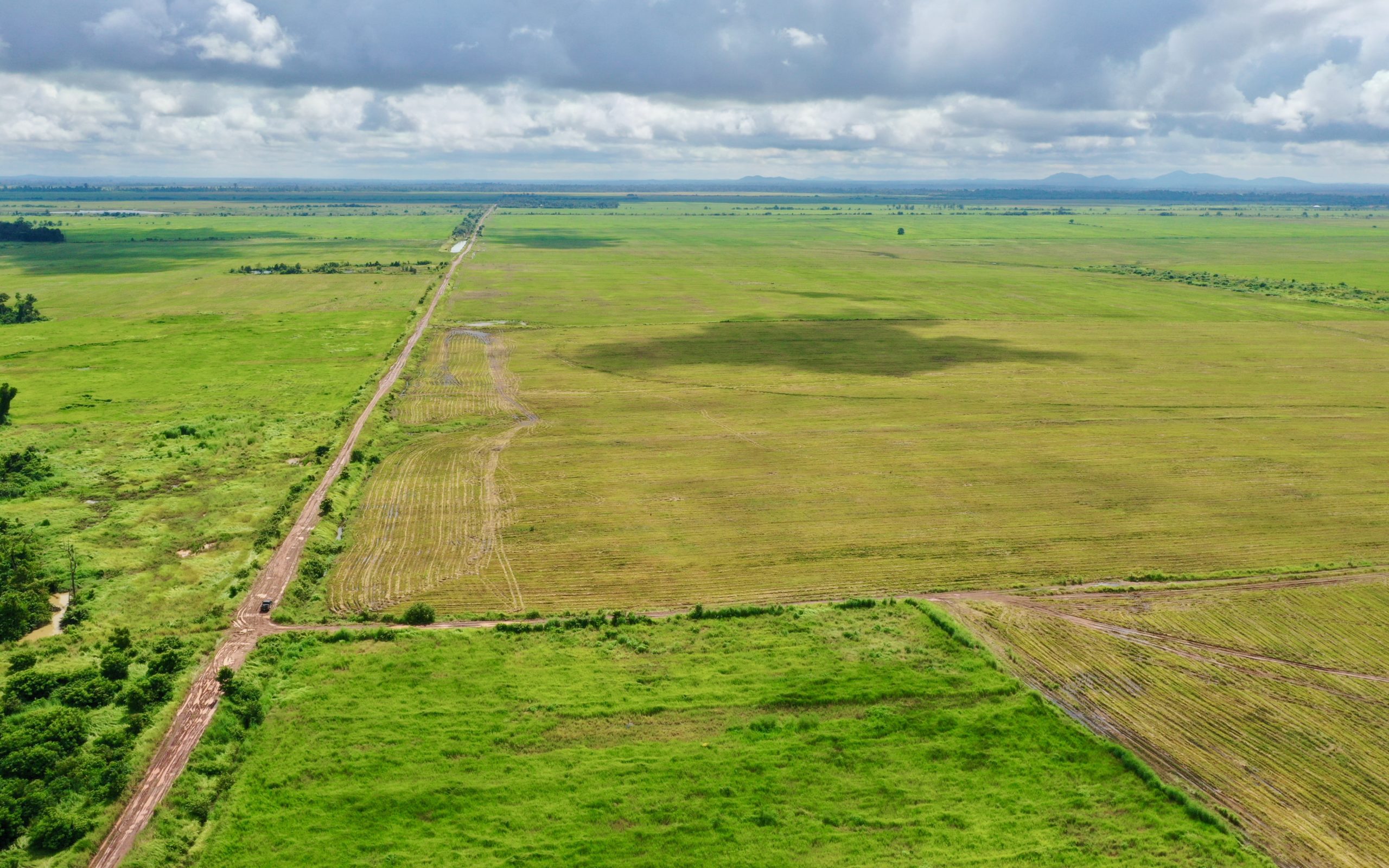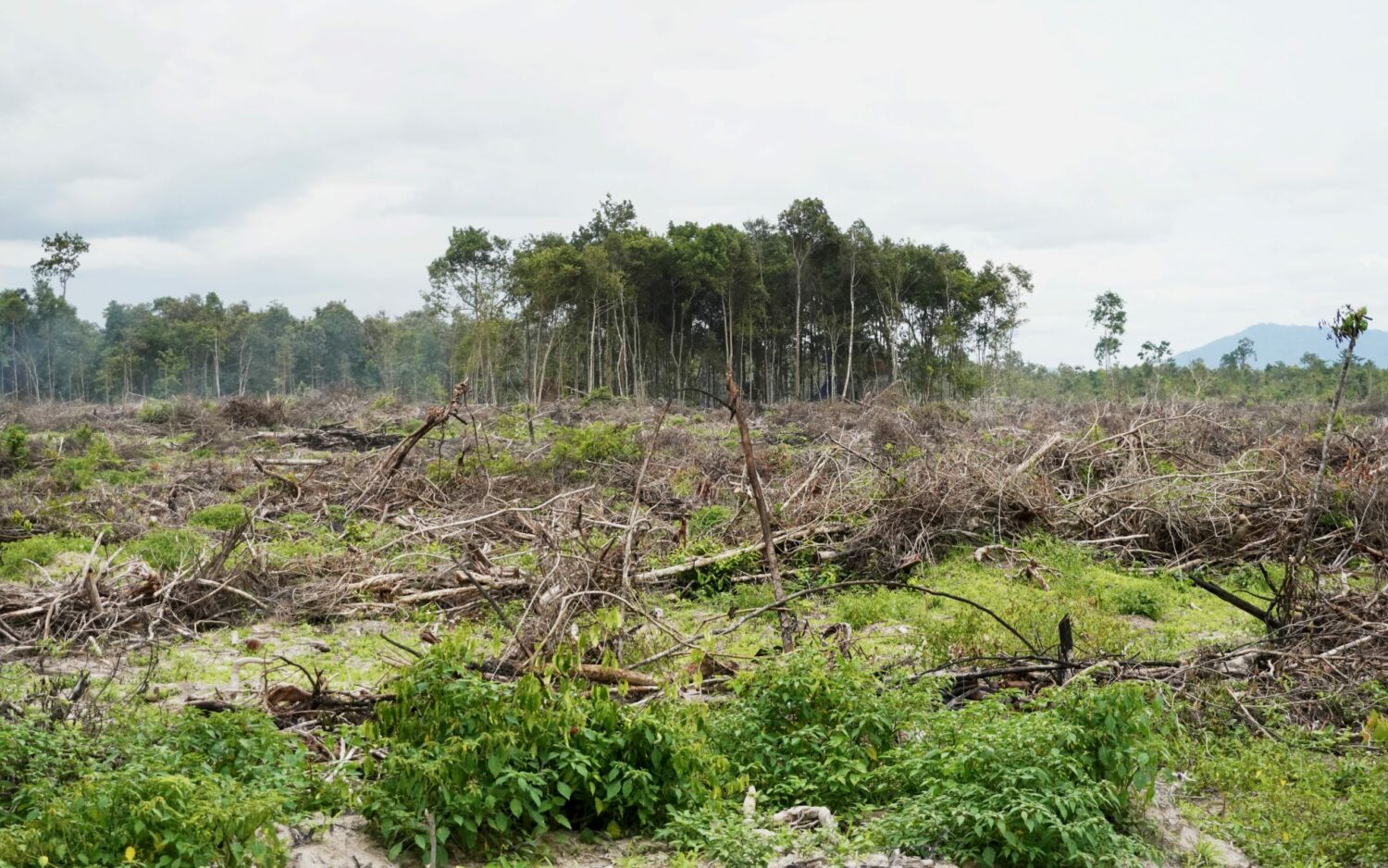The Khmer Will Party, which announced intentions of uniting with the Candlelight Party this week, quickly had its officials removed from the Supreme Consultative Council.
A royal decree signed by the king and dated Tuesday said three officials would be removed from the council, a body that was set up in 2018 as a pseudo opposition. The ruling CPP had won all 125 seats in the National Assembly in that year’s election as the opposition CNRP was dissolved the previous year.
The three people removed in Tuesday’s decree were Kong Monika, the party’s president, and Y Mouyly and Tol Prasath.
Monika said on Wednesday that Mouyly and Prasath were both Khmer Will Party members. He added that he believed his removal from the council violated the body’s rules.
On Monday, the Candlelight and Khmer Will parties issued statements suggesting the two parties would merge, though Monika was less clear.
“We need time to talk with each other but for now, we are under the banner of the Candlelight Party,” he said on Tuesday.
The Candlelight Party, formerly the Sam Rainsy Party, has emerged as the leading opposition party, winning around 22% of the vote in this year’s commune election.
— Mech Dara
UN Special Rapporteur Highlights Political Repression at Geneva Council
The U.N.’s human rights envoy to Cambodia raised concerns about Cambodia’s upcoming national election, recalling the “unfair” dissolution of the political opposition and drawing attention to ongoing mass trials.
Vitit Muntarbhorn spoke at the U.N.’s 51st Human Rights Council session on Wednesday, raising concerns over political repression in the country.
He spoke of a “shrunken” and “fenced in” civic and political space precipitated by the 2017 dissolution of the opposition CNRP, which Vitit said had been “disbanded unfairly.”
He said ongoing mass trials against opposition activists was preventing their participation in next year’s national election, and urged the state to drop charges and end threats against people who challenged its power base.
The government should widen its focus from only peace to “peace, sustainable development, human rights and democracy,” Vitit said.
Cambodian representative An Sokkhoeurn responded that the special rapporteur’s “opinion is personal” and that the “lack of concrete proof compromises the report’s credibility and impartiality.”
Sokkhoeurn highlighted in particular that Vitit had supposedly failed to produce medical proof of autism in a political prisoner case he drew attention to — a likely reference to the underage son of a jailed opposition activist who was arrested last year for incitement and insult.
A U.N. experts’ statement at the time said the teenager’s conviction was “a shameful nadir in the authorities’ continuing campaign of intimidation and violence against civil society and opposition activists.”
The son, who was 16 at the time, insulted government officials in a Telegram group and Facebook posts, according to a Phnom Penh Municipal Court conviction.
Prosecutors had argued against the family’s claim of the boy having autism because he was adept at using Facebook and Telegram.
The U.S. representative to the Geneva forum noted concerns around the criminalization of union activities and “troubling reports of thousands of human trafficking victims, including at forced online scam operations, who are not receiving adequate protections.”
— Michael Dickison


